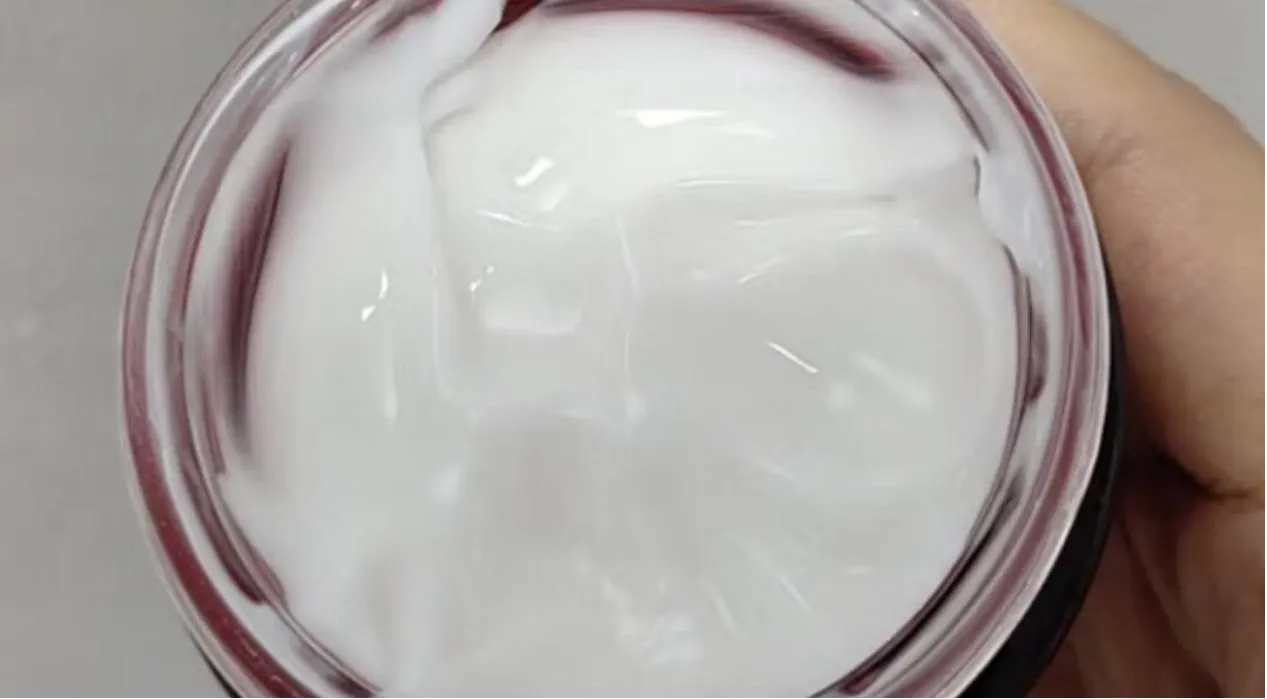
Exploring the Benefits of Cellulose in Skincare and Industry
Natural Solutions: Starch Versus Cellulose
When comparing plant-based materials, the debate between starch versus cellulose often arises. Both are polysaccharides composed of glucose units, yet they differ greatly in structure and function. Starch is digestible by humans and often used in food applications, while cellulose has a more rigid structure due to its beta-linkages, making it indigestible but highly valuable in industrial and skincare applications.
Unlike starch, cellulose for skin offers numerous cosmetic benefits. It acts as a thickening agent, emulsion stabilizer, and even a soft exfoliant. Its natural origin and gentle properties make it a preferred ingredient in modern skincare formulations aimed at soothing and hydrating the skin without irritation.

Cellulose Derivatives in Skincare and Manufacturing
Among the many cellulose derivatives, hydroxyethylcellulose in skin care has gained popularity for its ability to form clear gels and stabilize emulsions. It provides a smooth, luxurious texture to creams and lotions, enhancing spreadability and user experience. Non-irritating and compatible with a wide range of active ingredients, it is especially valued in sensitive skin formulas.
Another key derivative is hydroxymethylcellulose lubricant, commonly used in pharmaceutical and personal care products. This water-soluble polymer helps reduce friction and dryness, making it ideal for eye drops and other medical lubricants. Its safety profile and effective performance continue to support its use in both medical and cosmetic applications.

On the industrial side, cellulose acetate manufacturers play a critical role in producing a thermoplastic cellulose derivative used in items ranging from eyeglass frames to film and textiles. Cellulose acetate is valued for its clarity, strength, and biodegradability, offering a more sustainable alternative to petroleum-based plastics.
In conclusion, from the debate of starch versus cellulose to the refined uses of hydroxyethylcellulose in skin care and hydroxymethylcellulose lubricant, cellulose continues to demonstrate its versatility. Thanks to innovative cellulose acetate manufacturers, the potential of this natural polymer stretches far beyond traditional applications, bridging the gap between sustainability, skincare, and industrial performance.
-
Understanding Wholesale Gypsum Set Retarder XYSJN1 and the Role of Natural and Chemical Antifoaming AgentsNewsAug.19,2025
-
Understanding Gypsum Retarders and Accelerators: Additives for Precision in PlasteringNewsAug.19,2025
-
The Versatility of Hydroxypropyl Starch Phosphate: From Food to Skincare and HaircareNewsAug.19,2025
-
Understanding Anti-Foaming Solutions: Applications, Examples, and Industry UseNewsAug.19,2025
-
Gypsum Applications in Construction: How to Adjust Setting Time with AdditivesNewsAug.19,2025
-
Polyvinyl Alcohol (PVA): Types, Uses, Safety, and HandlingNewsAug.19,2025





















